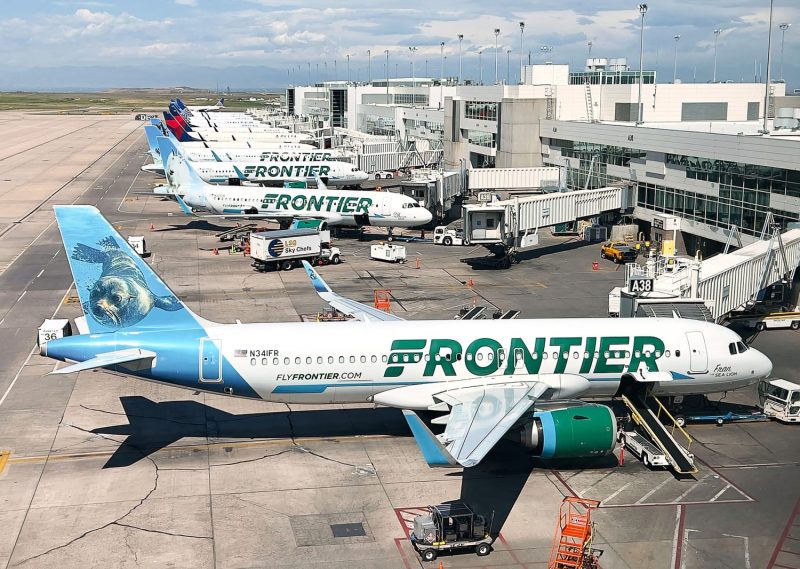Frontier Airlines Does Away with Change Fees in Budget Airline Pricing Overhaul
Frontier Airlines recently made waves in the aviation industry by announcing a significant overhaul to its pricing strategy. In a bold move, the budget airline has eliminated change fees for all passengers, marking a departure from the standard practice of charging hefty fees to modify flight itineraries. This decision aims to not only attract more customers but also enhance the overall flying experience with the airline. Let’s delve into the details of this pricing overhaul and explore the potential impact it may have on the airline industry.
Change fees have long been a point of contention for airline passengers, often acting as a deterrent for making adjustments to travel plans. By doing away with these fees, Frontier Airlines is positioning itself as a customer-friendly carrier that prioritizes flexibility and convenience. This move is particularly significant in the current travel landscape, where uncertainty is still prevalent due to the ongoing effects of the global pandemic.
In addition to abolishing change fees, Frontier Airlines has also introduced a new fare structure that offers passengers more choice and control over their travel experience. The airline now offers three tiers of fares – Economy, Classic, and Classic Plus – each with different levels of amenities and flexibility. This tiered approach allows passengers to select the options that best suit their needs, whether they prioritize affordability or extra perks like priority boarding and seat selection.
The decision to eliminate change fees and revamp its pricing structure is a strategic one for Frontier Airlines. Not only does it differentiate the airline from its competitors, but it also aligns with the shifting preferences of today’s travelers. In an era where flexibility and transparency are highly valued, Frontier’s move positions it as a forward-thinking airline that is responsive to customer needs.
Furthermore, this pricing overhaul could have broader implications for the airline industry as a whole. If Frontier Airlines sees success with its new strategy, other carriers may be prompted to reevaluate their own pricing models. The elimination of change fees could become a standard practice rather than a premium offering, ultimately benefiting passengers across the board.
As travelers continue to navigate the complexities of modern air travel, initiatives like Frontier Airlines’ pricing overhaul offer a glimmer of hope for a more customer-centric industry. By prioritizing flexibility, transparency, and value, airlines can build stronger relationships with their passengers and ultimately enhance the overall travel experience. Frontier’s bold step to do away with change fees may serve as a catalyst for positive change in the aviation sector, paving the way for a more passenger-friendly future.
